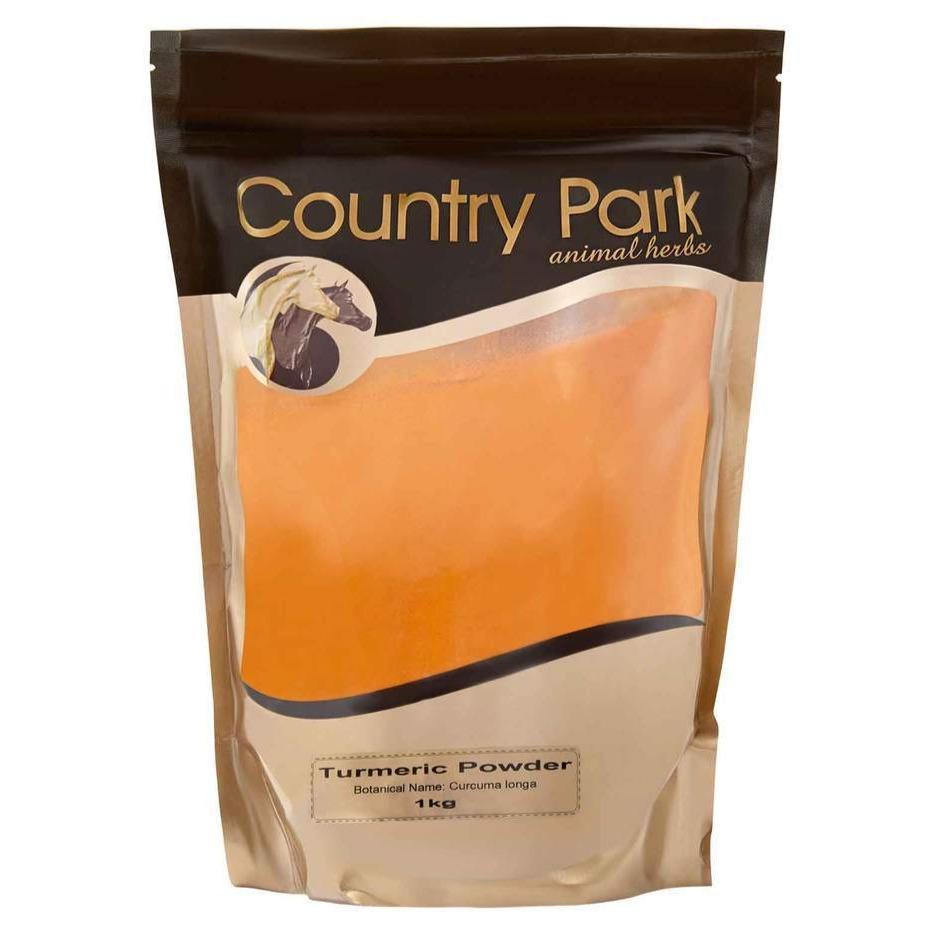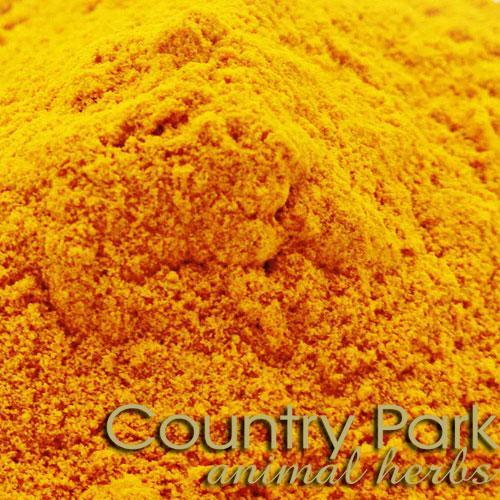

Returns Policy
We hope you love your order, but we know that sometimes, once you've received and tried your purchase on, you realise it's just not quite right for you.
We want you to be completely happy with your purchase, so we offer exchange, credit or refund!
See below for our terms and conditions, and please ensure the returns form included with your order is filled out and sent back with your returned items.
Terms & Conditions
-
All returns must be within 60 days of receiving your order.
-
Postage costs for return/exchange items are the responsibility of the sender, the cost of shipping will not be refunded.
-
Please ensure any return items are sent with a tracking number.
-
Goods must be in the same condition as sold, and must not be worn, soiled or damaged in any way. Please ensure footwear is tried on a carpeted area to avoid scuff marks on the soles. Hats must be in original shape.
-
Goods must be returned with original tags. Footwear must include the original box, in resalable condition.
-
Refunds will be given by the method in which the goods were paid for. Credits will be given in the form of a gift voucher which can be spent at the customers discretion within 2 years of issue date. Credits cannot be exchanged for cash or refunded in any way.
-
We do not offer 'change of mind' refunds on clearance/sale items. Products that are on sale will only be refunded if they are faulty. If you wish to return any clearance or sale item we will only offer an in store credit.
-
We reserve the right to refuse a return on an item that does not meet our terms & conditions, and it will be returned to you at your own cost.
-
If your believe your product is faulty or incorrect please contact our customer service team immediately so that we can assist you. We assume all responsibility for an error of this sort and will work to correct the issue for you promptly.
-
If you are unsure on your return, please do not hesitate to ring us on (08) 8642 2038 or email info@rangescountry.com.au for more information. We want to help you!


